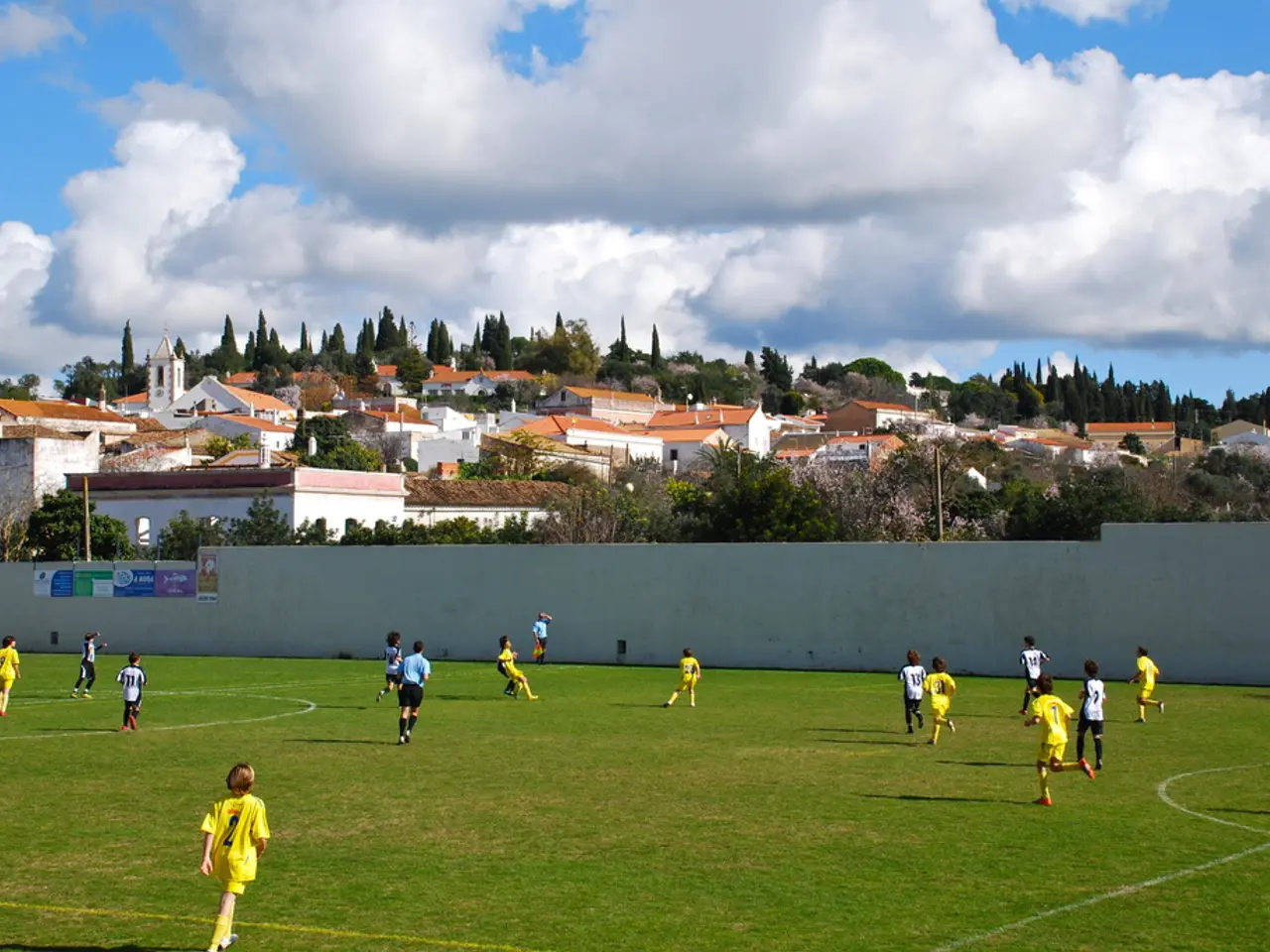Earth's Most Exceptional Games... Reaching Beyond the Cosmos
The World Nomad Games, an international sports and cultural festival, has been celebrating and promoting the rich heritage of nomadic cultures across Central Asia since its inception in the early 2010s. Held primarily in Cholpon-Ata, Kyrgyzstan, these games attract participants from over 40 countries, featuring more than 20 traditional sports.
The games were designed to keep nomadic traditions alive in a modern world that is rapidly urbanizing and changing. They highlight physical prowess, horsemanship, traditional crafts, music, and cuisine, providing an immersive cultural experience. The event centers around traditional sports that have been practiced by nomads for centuries, emphasizing the survival skills, agility, and strength vital to nomadic life.
One of the central and highly popular sports within the World Nomad Games is Kokpar, also known as Kok-Boru or Ulak Tartysh. This traditional nomadic horseback game is played widely across Central Asia, especially in Kyrgyzstan and Kazakhstan. The game involves teams of skilled horsemen competing to grab a goat carcass from the ground and carry it to a goal, while opposing riders try to block or wrest the carcass away. This sport is physically demanding, combining horsemanship, agility, strength, and strategic teamwork.
While historically played on open grasslands, kokpar is now adapted for organized competition at the World Nomad Games with official rules and safety regulations. Modern versions use standardized fields and gear to enable fair and safer matches, though the raw, rugged spirit and difficulty of the sport remain intact. The sport serves as a vivid link between ancient nomadic warrior traditions and contemporary sporting culture, maintaining its significance as a symbol of nomadic identity.
In Kazakhstan, there has been a renewed interest in herding, horsemanship, and crafts, with Alima Bissenova, associate professor at the Department of Sociology and Anthropology of Nazarbayev University, attributing this to the dramatic growth in the number of horses in the country.
The closing ceremony of the World Nomad Games also featured a surprise announcement that the sixth World Nomad Games will be held where they began, in the mountains of Kyrgyzstan. This likely means a return to tradition, as the goat will likely be back in kokpar, replacing the specially designed goat-moulage used at the games.
The World Nomad Games also foster international unity, bringing diverse peoples together in a celebration of shared heritage. Despite occasional controversies, such as the Kyrgyz team's refusal to wear their silver medals the day after the kokpar final due to a controversial 20-minute stoppage, the games continue to inspire and unify.
In essence, kokpar is not just a sport but a cultural emblem reflecting the nomads' historical lifestyle, valor, and communal bonds. Its continued presence and evolution in the World Nomad Games illustrate the broader mission of the event to revitalize and share nomadic traditions on a global stage.
The World Nomad Games not only include traditional sports like Kokpar, but also showcase nomadic lifestyle, arts, music, and cuisine, aiming to preserve nomadic heritage in a modernizing world. Kokpar, a physically demanding horseback game originating from Central Asia, symbolizes the strength, agility, and camaraderie integral to nomadic life.




